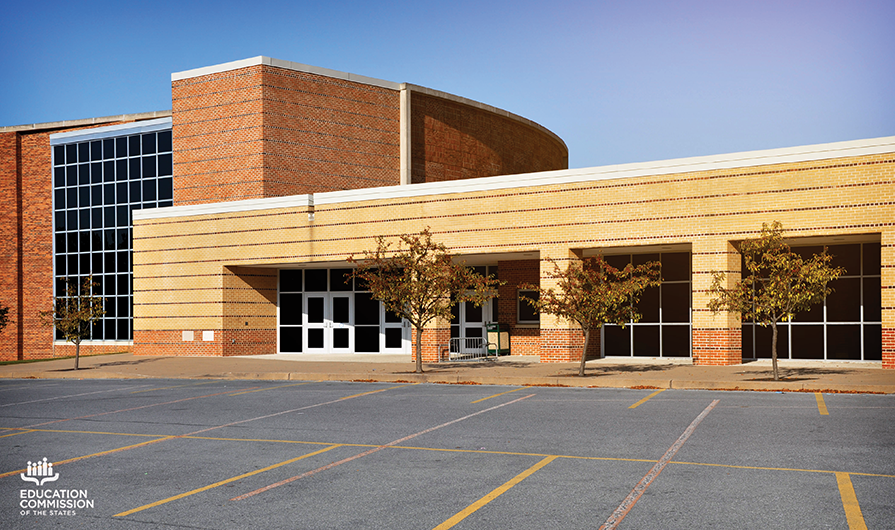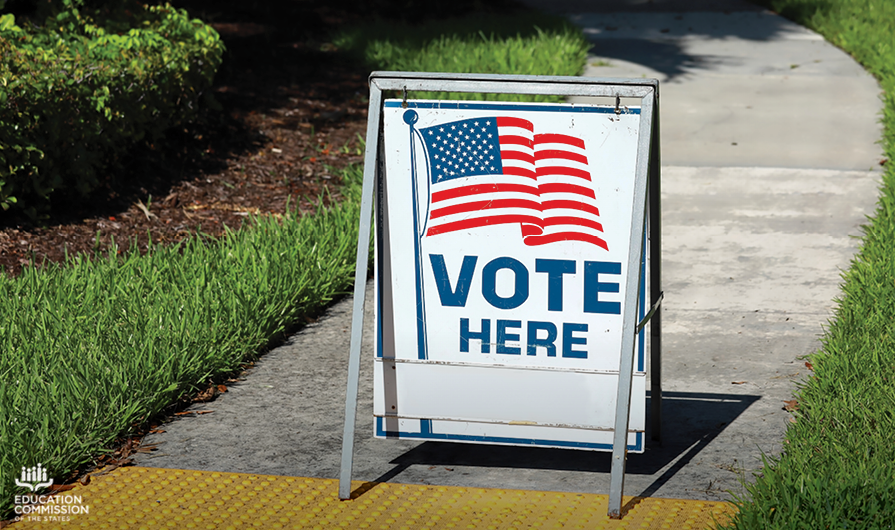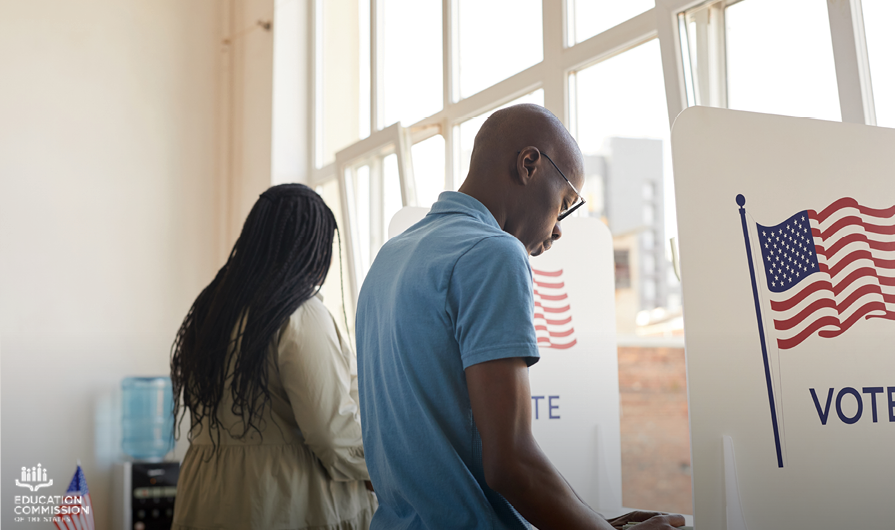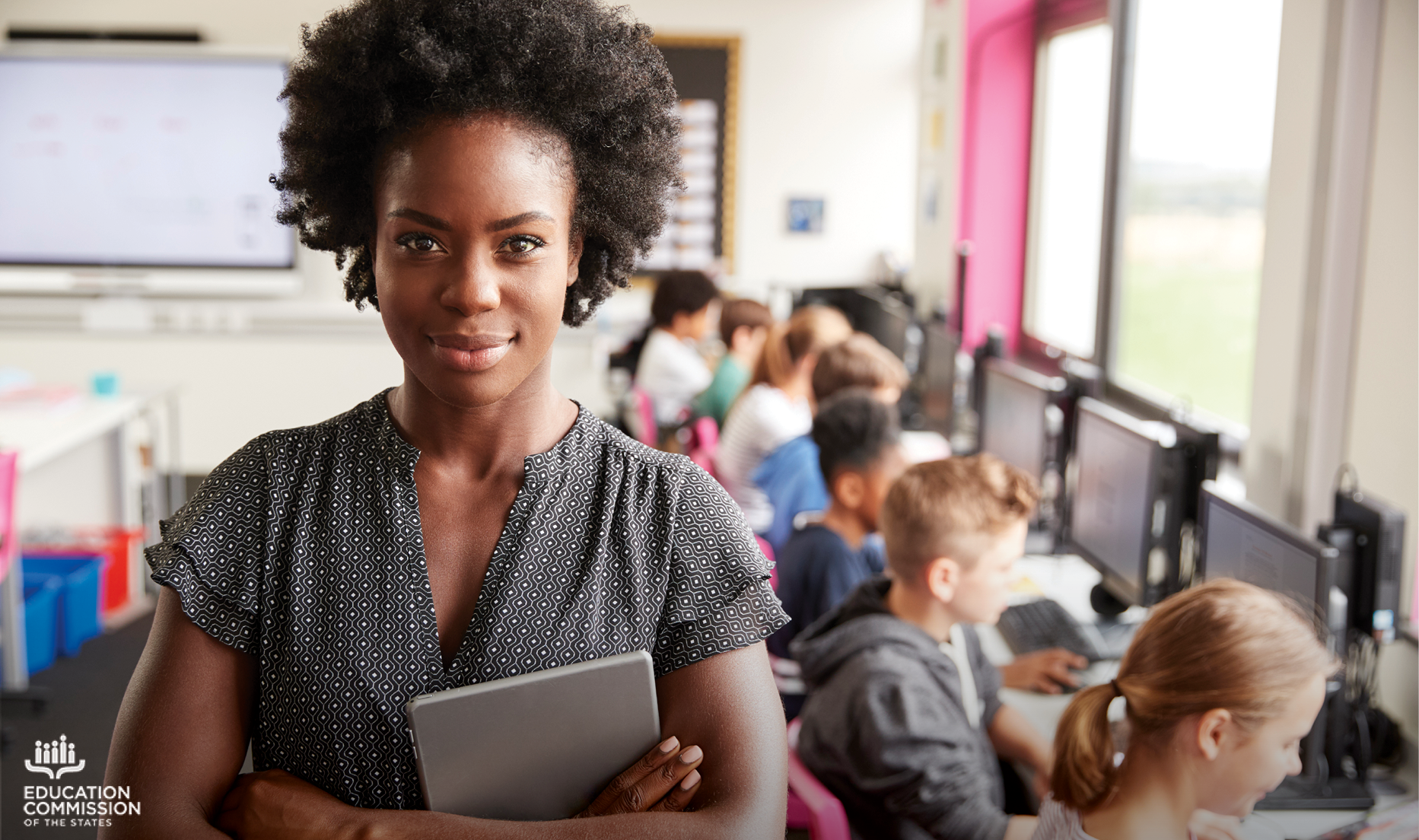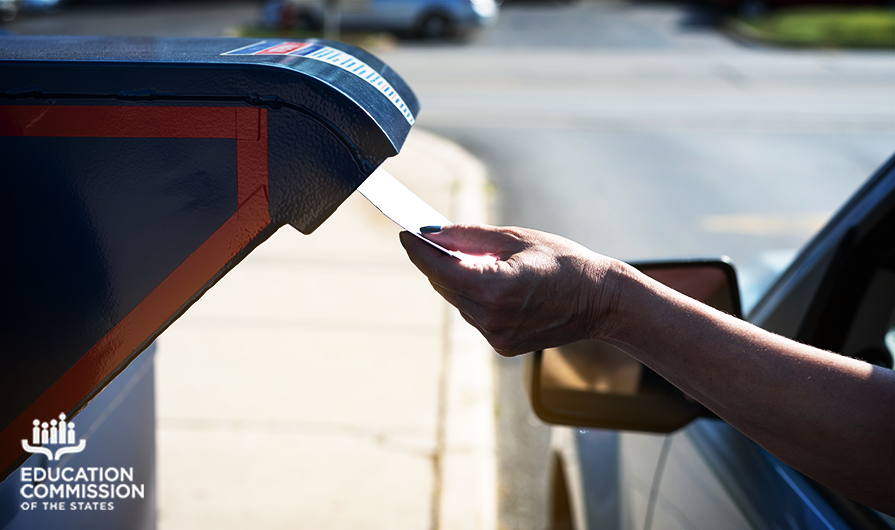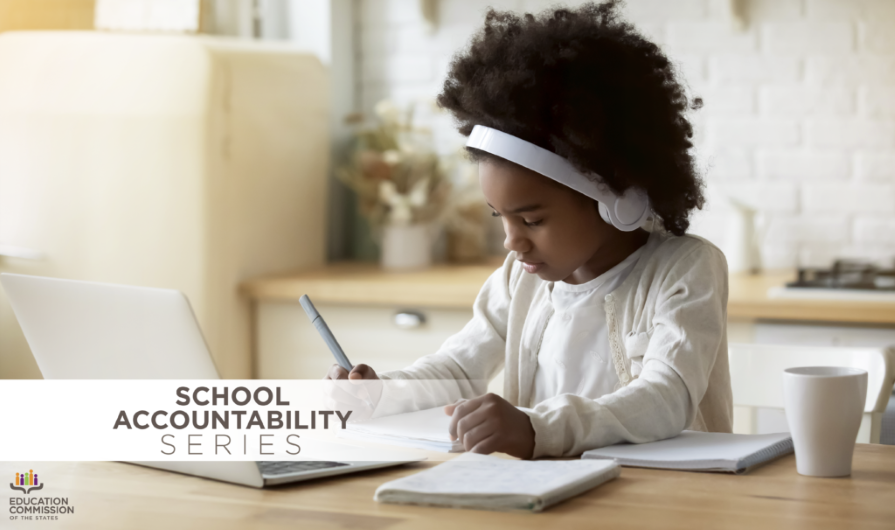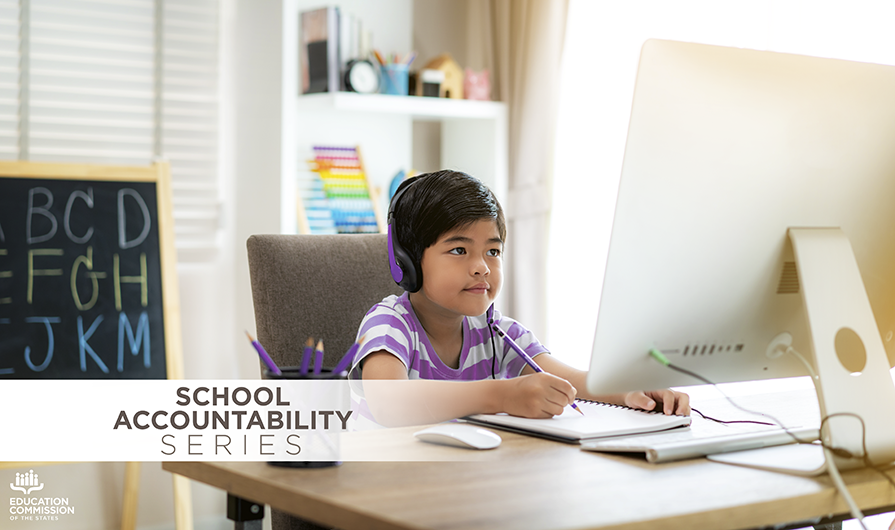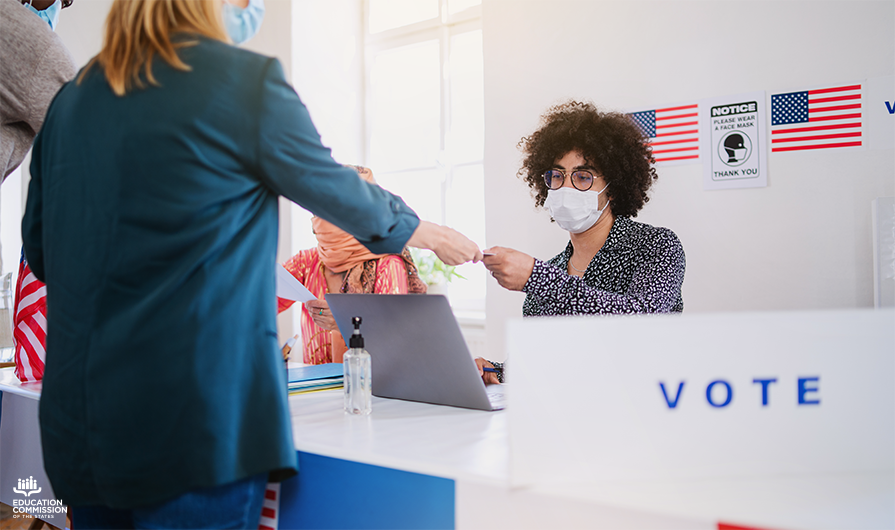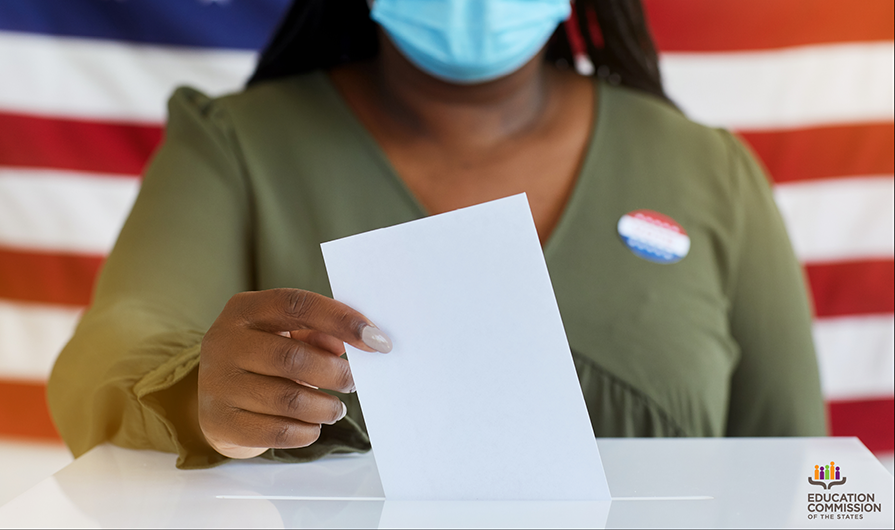Among the educational challenges state policymakers are facing in a world impacted by the COVID-19 pandemic is the continuity of services for state-run schools and facilities that provide specialized educational services. For example, students with vision and hearing loss attend state schools with specialized education and trained educators. In addition, many students impacted by the juvenile justice system live in detention facilities where they also receive educational services provided through state-run schools.
Some states, including Illinois and North Dakota, initially exempted these schools from statewide closure requirements. However, some of these schools opted to transition to distance learning to protect the health and safety of their students and staff. Given the challenges, how are these specialized schools supporting their students?
Schools for Students With Vision and Hearing Loss
The federal Individuals with Disabilities Education Act requires that students with vision or hearing impairments receive specialized services, equipment and instruction. While some state COVID-19 orders provide exemptions for schools serving students with vision and hearing loss, some school administrators are deciding to shift to nontraditional education models. Changes to the delivery of these services and access to equipment and instruction means that students may face limitations and challenges to continued education. However, some states are making efforts to continue services while meeting social distancing requirements.
In Colorado, the state-operated school for the deaf and the blind canceled all in-person classes and is relying on remote learning resources. In addition, the school and state are providing several informational resources to help children and parents understand COVID-19 while meeting the school’s standards of access.
In North Dakota, the state-operated vision services and school for the blind consulted with public school partners. Specifically, the school is providing video lessons, materials and equipment to students to ensure continual learning.
Juvenile Justice Facilities
The restrictions implemented in response to the COVID-19 pandemic to protect the facility population and staff limits the already-strained access to educational opportunities for students impacted by the juvenile justice system. As most states move to distance learning and online resources, students in juvenile justice facilities often have experience with these instructional approaches, but limitations to access remain. Some states are acting to specifically address educational services in juvenile justice facilities.
For example, an Illinois executive order closed educational services at all K-12 schools, providing exemptions for state-run facility schools that include schools at juvenile detention facilities. Following COVID-19 safety procedures, educational services at the department of juvenile justice facilities moved to online instruction with education staff working remote. However, some volunteer educational staff will remain on site and assist in the facilitation of remote learning.
In Florida, educational services in juvenile detention facilities are provided by school districts. The department of juvenile justice requires the educational services to follow COVID-19 guidelines by restricting face-to-face learning to 10 students, maintaining social distancing measures and relying on distance learning when feasible and appropriate.
States are currently working on how to best reopen schools and reinstitute educational services in the fall. As part of the reopening planning, state policymakers will need to ensure all students have the educational supports and resources they need to succeed – including state-run schools and facilities that provide specialized educational services. Education Commission of the States will continue to track states’ plans and policies on our COVID-19 resource page.

